Colloque : "Les réformes du secteur public et la crise financière en France et en Russie", 12 novembre 2010

Version française
Le 12 novembre 2010, l'Institut du Monde et du Développement (IMODEV) a organisé le 12 novembre 2010 un colloque international avec la Fondation Post Crisis World Institute.
Les travaux ont porté sur : "Les réformes du secteur public et la crise financière en France et en Russie".
Ce colloque qui a réuni les représentants de l'Institut du Monde et du Développement, du Post-Crisis World Institute et du
National Institute for Modern Ideology Development (NIRSI) ainsi que de nombreux intervenants de différentes institutions et organisations russes s'est déroulé à la Douma de Moscou.
Les travaux ont été présidés par Galina Voronchenkova, Directrice du National Institute for Modern Ideology Development (NIRSI).
Le premier temps des travaux a été consacré à l'exposé des principaux rapports qui ont servi de fondement au colloque.
Sont intervenus dans ce cadre :
> Ekaterina Shipova, Directrice exécutive de la Fondation "Post-Crisis World Institute". Elle a présenté une étude sur "La reconstruction de l'Europe : concurrence, sécurité, expansion".
> William Gilles, Président de l'Institut du Monde et du Développement. Il a analysé dans son rapport la situation des collectivités françaises face à la crise financière.
> Serguey Belokonev, Député de la Douma de la Fédération de Russie. Il a donné le point de vue du parlementaire sur la question de la réforme du secteur public.
> Irène Bouhadana, Secrétaire générale de l'Institut du Monde et du Développement. Elle a présenté une étude portant sur le rôle du Parlement français face à la crise financière.
> Ivan Noviskiy, Député et Vice-Président de la Commission des affaires économique de la Douma de Moscou. Il a présenté les enjeux de l'endettement des collectivités locales en comparant les expériences françaises et russes.
> Vitaliy Sednev, représentant le centre "Business Solidarity", a consacré son intervention au rôle et à la place des entrepreneurs dans le développement et les réformes du secteur public en Russie.
> Galina Voronchenkova, Directrice du National Institute for Modern Ideology Development (NIRSI). Elle a notamment souligné dans son intervention la nécessite de replacer l'homme au coeur des réformes et analysé le rôle des classes moyennes en Russie dans ce processus.
Dans un second temps, le colloque a permis de confronter le point de vue des différents experts présents. Sont notamment intervenus M. Medvedev, Député de la Douma de la Fédération de Russie, Sergey Pakhomov, Président du Comité des Emprunts d'Etat de Moscou...
Les débats ont également porté sur les perspectives d'avenir de la Russie.
Le colloque a été clôturé par Ekaterina Shipova, William Gilles, Irène Bouhadana et Galina Voronchenkova.
Il a été suivi par une interview de William Gilles par les mass médias russes.
русская версия / Russian version
Report from the Post-Crisis World Institute Website (Russian version)
Vous trouverez ci-dessous le reportage effectuée à Moscou par la radio "La voix de la Russie" sur le colloque "Les réformes du secteur public et la crise financière en France et en Russie" organisé à la Douma de Moscou par l'Institut du Monde et du Développement (IMODEV), le Post-Crisis World Institute et le National Institute for Modern Ideology Development (NIRSI).
English version
Public Sector Reform: Russia - France Dialog :
Report from the Post-Crisis World Institute Website about the IMODEV-IMP-NIRSI Roundtable Conference
Roundtable conference "Reforms of Public Sector and Financial Crisis in France and Russia" took place in Moscow City Duma (City Parliament)
The discussion was devoted to sharing of experience in the field of public sector competitiveness in Russia and Europe. The initiator of the discussion was the World and Development Institute associated with Pantheon-Sorbonne University and organizers of the event were the National Institute for Modern Ideology Development (NIRSI) and the Foundation "Post-Crisis World Institute" (IPM).
Starting the conference Deputy of Moscow City Duma Ivan Novitskiy ("ONE RUSSIA" fraction) told that French experience is important for Moscow both in the sphere of power decentralization and independent financial activity of local governments as well as legislative support of these processes. Moscow city and Moscow region are currently facing tasks of inter-regional cooperation. Present discussion will make it possible not only to get acquainted with experience of a country which possesses the richest history of parliamentarism, analyze efficiency of government arrangements aimed at economy support in post-crisis period, but also will assist to see tasks which Moscow government is facing win a different sight angle.
Keynote speakers were William Gilles (France) - President of the World and Development Institute (IMODEV), Assistant Professor at the Pantheon-Sorbonne University, Irène Bouhadana - (France) Secretary General of the World and Development Institute (IMODEV), Assistant Professor at the Pantheon-Sorbonne University, Ekaterina Shipova - Executive Director of the Foundation "Post-Crisis World Institute", Galina Voronchenkova - Director of the National Institute for Modern Ideology Development, Sergey Belokonev - Deputy of the State Duma of RF, the First Deputy of SD Committee for youth policy.
Ekaterina Shipova presented results of an international exploration "Remodeling Europe: Competition, Security, Expansion" respondents of which became Russian and international experts in the field of economics, policy making, business and culture. Ekaterina Shipova pointed out in her speech that reliability of European construction is an important direction sign of the world development. This is stipulated by the fact that Europe is a custodian of Western civilization axiological codes. World crisis made us to evaluate European events in a new way. In particular, after Greek crisis of 2010 it became evident that European Union suffers from systemic problems, which couldn't be solved within existing model. These problems are budget deficits and contradictions of strong and weak countries as well as lack of coordinated development strategy. The last problem is named by experts as the prime cause of all Old World troubles.
Two main trends in interpretation of European crisis are forming today. The first one is extremely pessimistic and it associates with European image of "aged civilization is being pulling apart with contradictions". The second trend is more optimistic because it brings up an association with "growth crisis" which in accordance with expert opinion is surmountable.
It is most likely that events of coming decades will develop in accordance with wait-and-see conservative scenario. Nevertheless if this scenario realization is lingering, strengthening of centrifugal forces will be possible as well as splits or polarization. In accordance with the exploration Europe has an alternative way of development - a way of challenging reforms. It presumes consolidation and strengthening of financial discipline of participating countries control i.e. establishing of common regulator for financial markets and a European government over the longer term. At the same time EU needs strengthening its competitiveness. Internal resources of Europe are limited and because of that recipe of success is openness and, as a consequence, expansion. It will make possible to find new opportunities not only inside of Europe but in outside of it. Such way of development will make an issue of security enhancement rather sensitive. However potential menaces thereupon has far cry from military nature. The main menace for today's European security is decline of competitiveness of its economy. Europe needs new formats of cooperation. Apparently European states need cooperation with Russia, Kazakhstan and Belorussia because the best mean of security enhancement in 21st century is a global cooperation. The symbiosis of America and China became security guarantee of both countries and therefore an excellent security guarantee for Europe could be its economic union with Russia.
French colleagues told about existing system of financial control which Parliament of France is practicing in crisis times. William Gilles devoted his speech to local governments and their financial activity as well as to those problems and risks which municipalities faced within the process of fund raising and borrowings in crisis period. He also spoke on measures which the Government of the Republic undertook in post-crisis period to support local governments.
Deputy of the State Duma of RF Sergey Belokonev analyzed current geopolitical and economic situation and concluded that unity of Russia and Europe is possible in the process of active realization of potential not so much of European as Asian part of Russia.
Paul Medvedev - Deputy of the State Duma, Sergei Pakhomov - Chairman of the Moscow Committee for State Loans, Igor Shatrov - Center for studies of communication technologies and integration processes at post-Soviet space and in EU countries - "Livadia Club" and others took part in the discussion.
In particular Paul Medvedev thanked French participants for their thoughtful reports and promised to study them in details. At that Deputy of the State Duma pointed out that unfortunately in Russia local governments are less independent than in France. Especially this fact concerns financial and fiscal spheres. Federal power in Russia has to redistribute regional incomes "from strong to weak" and such approach, according to Paul Medvedev, far forth fights down stimulus for municipalities to their own income rising at local level.
Another round table participant - Sergei Pakhomov - Chairman of the Moscow Committee for State Loans named standard ratio of government debt to GDP deeply vicious, and explained at the same time that government debt is future taxes and incomes that are spent now. The source of debt discharge in any state of the world is not something like mythical GDP, but absolutely concrete budget incomes which derive from taxes. Because of that, in Sergei Pakhomov's opinion, it is correct to calculate debt burden in the field of government borrowings on the basis of tax flows, particularly on the basis of government income and government budget which belongs to definite government on definite level.
Round table chairperson Galina Voronchenkova in her speech noted that within planning of modernization processes and paradigms as well future of the world it is necessary to comprehend clearly "driving force", to look about those social groups, which will realize projects and to create friendly environment for their fruitful efforts and self-development.
Concluding their work round table participants underlined once more that all processes (both political and economic ones) in all countries or the world are interrelated. Globalization doesn't keep away any aspect of modern society life. Besides negative effects the crisis brought stimulus of development: many countries reconsidered their tactics and strategies of financial management and optimized government expenditures. Experts agreed in opinion that anti-crisis managers and economic analysts should be heard by their governments. Top-echelon politicians, government top-managers should make global meaning decisions on the basis of expert conclusions of risk-management specialists.

